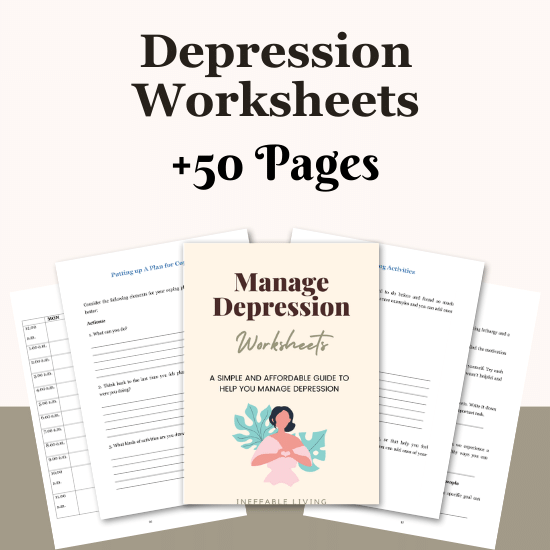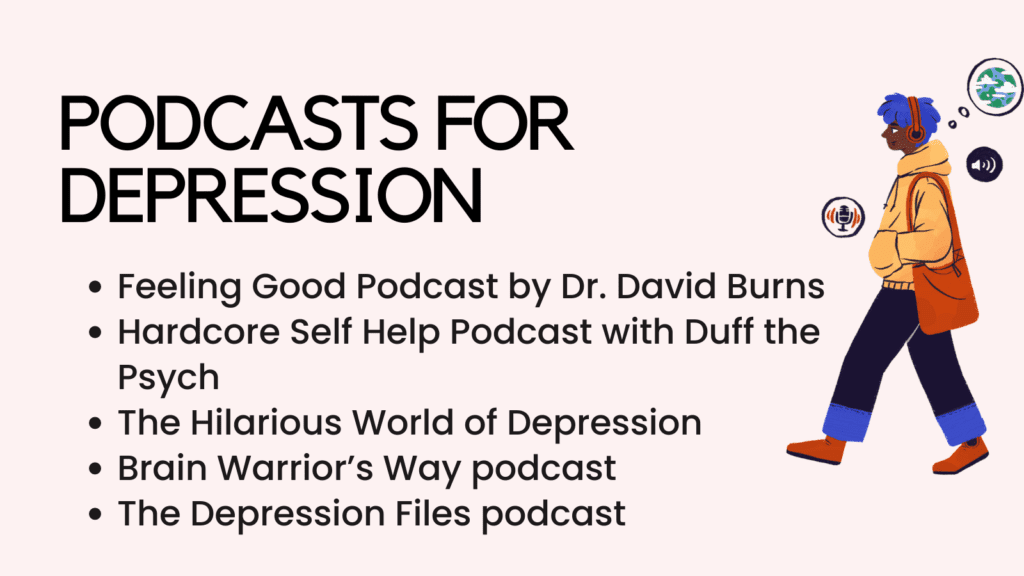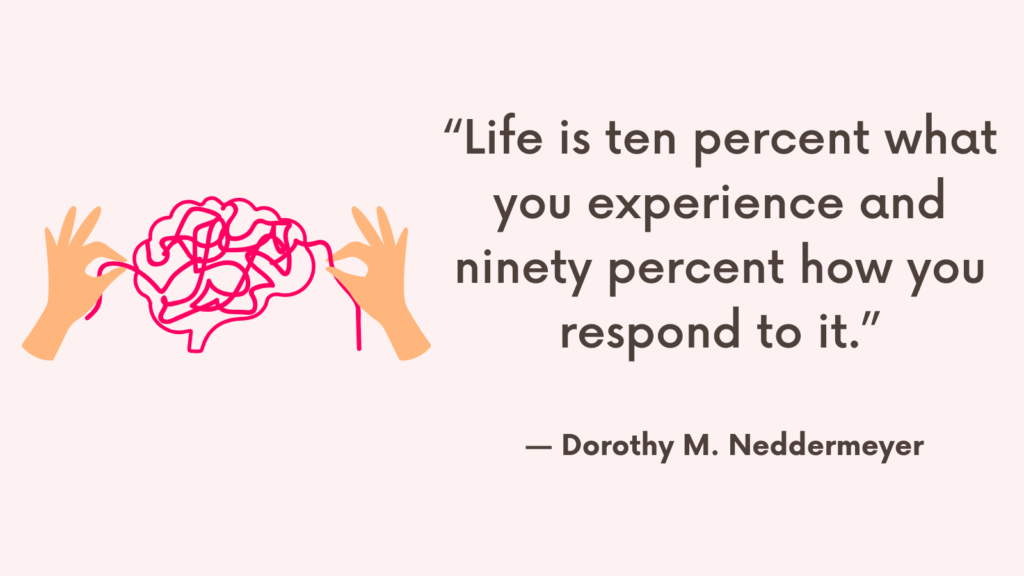When we think of depression, the image that often comes to mind is one of profound sadness, a person unable to get out of bed, lost in tears and despair.
This portrayal, while accurate for many, only captures part of the story.
Depression can manifest in ways that are less recognized and understood, particularly through anger and irritability.
In this blog post, we will explore this surprising symptom of depression, delving into the reasons why anger surfaces and what can be done to address it.
The Unexpected Symptom
Research indicates that 30 to 40 percent of people with depression also experience rage or anger. (source)
This manifestation is especially prevalent among children and adolescents but does not disappear with adulthood.
Related: High Functioning Depression Test (+Effective 3-Step Guide To Overcome High Functioning Depression)
Internalizing vs. Externalizing Depression
When faced with painful emotions, some people internalize their feelings.
They turn their distress inward, leading to thoughts like “I’m a failure” or “I’m a burden.”
This is the face of depression we are most familiar with.
Internalizing can be a subconscious attempt to escape the sadness by blaming oneself, creating a false sense of control over the uncontrollable.
On the other hand, some people externalize their feelings. Instead of directing pain inward, they project it outward onto others or situations.
This might manifest as blaming others, feeling that everyone else is at fault, or believing that the world is a terrible place.
Externalizing can provide a temporary relief from inner turmoil by shifting the focus of blame.
Related: Top 10 Signs of Silent Depression
The Five Reasons Depression Can Manifest as Anger
1. Coping Mechanisms: Internalizing vs. Externalizing
As described, internalizing leads to self-blame and hopelessness, while externalizing shifts blame outward, often resulting in anger and irritability.
2. Emotional Regulation Difficulties
Depression impairs one’s ability to regulate emotions effectively.
This can lead to increased reactivity, making individuals quick to snap, argue, or show impatience.
They may have a low tolerance for frustration and be easily triggered by minor situations.
3. Negative Perception of the World
Depression distorts perception, creating a negative bias.
People with depression might see neutral comments as personal attacks and small mistakes as monumental failures.
This skewed worldview can exacerbate feelings of anger and frustration.
Related: Understanding Male Depression And Emotional Affairs
4. Suppressed Feelings
For some, anger serves as a defense mechanism, masking deeper feelings of sadness, hurt, or worthlessness.
Suppressing these tender emotions can create a barrier between oneself and others, providing a false sense of protection.
5. Physical Pain and Emotional Exhaustion
Depression often comes with physical symptoms like aches, pains, and chronic fatigue. The constant emotional exhaustion can lower distress tolerance, making individuals more prone to irritability and anger.
Related: Top 10 Reasons You’re Feeling Unfulfilled In Life
How to Manage Depression-Related Anger?
Understanding that anger can be a symptom of depression is the first step. Here are some strategies for managing it:
1. Expressing Painful Feelings
Finding healthy outlets for emotions is crucial.
Therapy, journaling, and learning to work through emotions can prevent feelings from bottling up.
Processing emotions can alleviate many symptoms of depression.
2. Increasing Physical Resilience
Since depression affects both mind and body, improving physical health can significantly impact mental health.
Exercise, adequate sleep, stress management, and proper nutrition can build resilience against depression.
Related: How To Ask For Help With Depression? Top 10 Tips
3. Setting Boundaries and Seeking Support
Establishing healthy boundaries is essential, both for oneself and when supporting others with depression.
It’s important to allow them to feel their feelings while maintaining that they are responsible for their emotions and actions.
4. Reflective Listening and Validation
When supporting someone with depression, avoid jumping on the anger train.
Use reflective listening to help them articulate their feelings, offering validation and support.
Understanding their underlying emotions can be more effective than responding with defensiveness.
Related: Do I Have Seasonal Depression Quiz (+Top 12 Natural Ways To Boost Your Mood)
Supporting Someone with Depression-Related Anger
If you know someone who struggles with anger and irritability due to depression, your support can make a significant difference.
Encourage them gently to seek help and provide a listening ear without judgment.
Reflect their feelings back to them and offer practical support, like helping them find a counselor.

Conclusion
Anger and irritability can be confusing and distressing symptoms of depression.
Recognizing this connection is vital for those experiencing these emotions and those supporting them.
With the right strategies and support, it is possible to manage depression-related anger and find a path to healing.
Remember, depression is treatable, and with compassion and effort, those suffering can learn to process and resolve their emotions.



